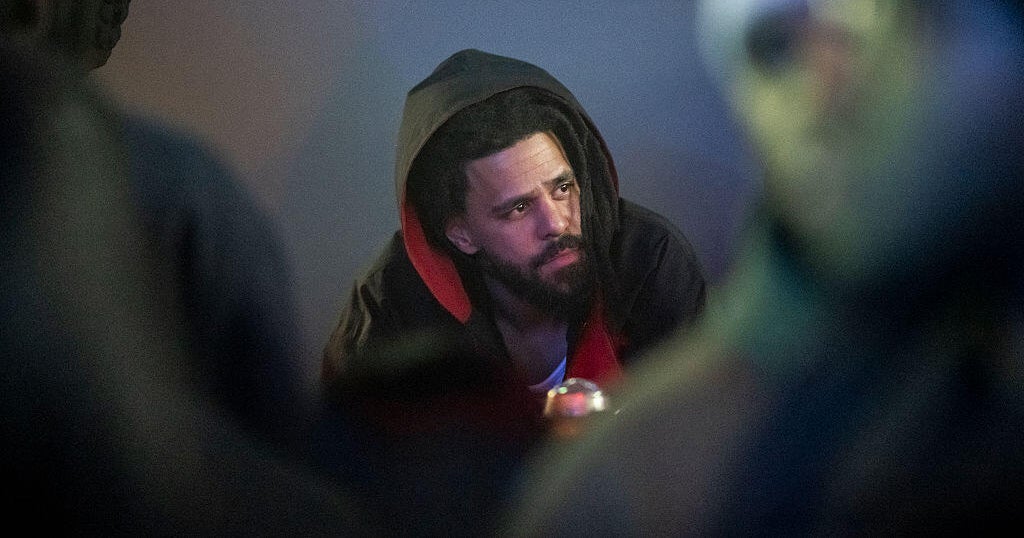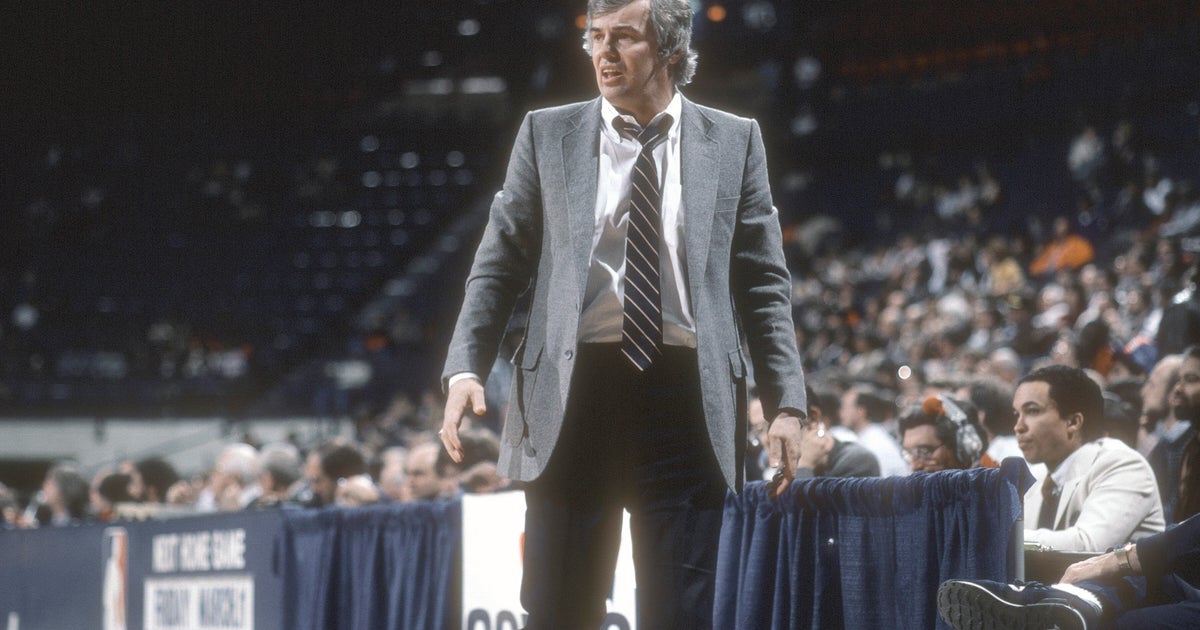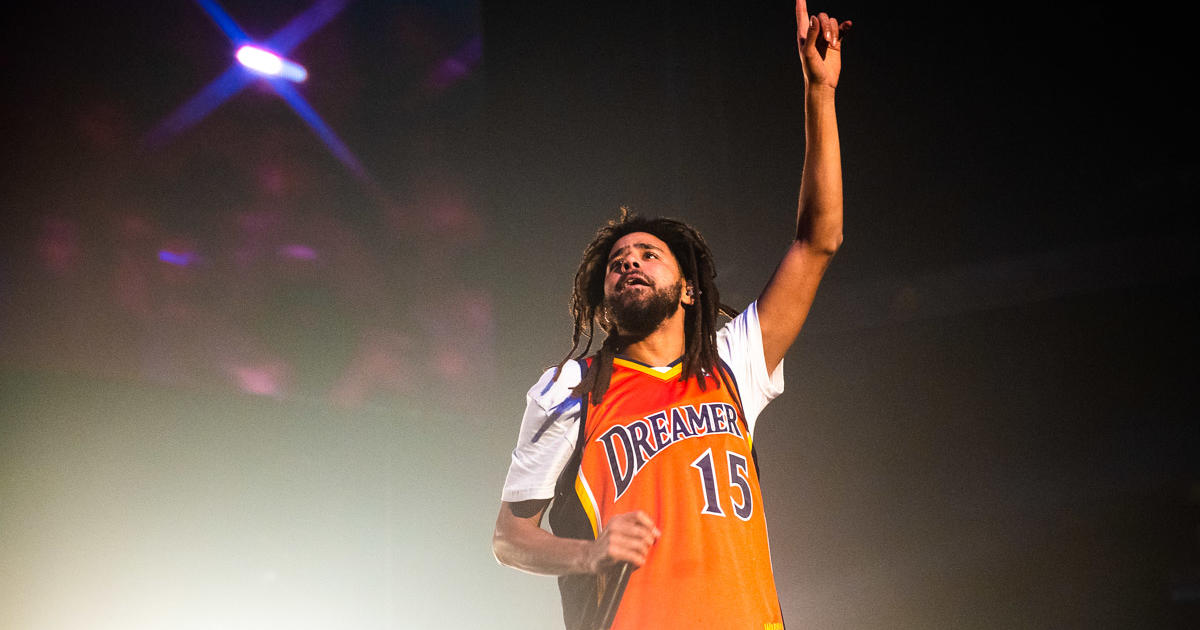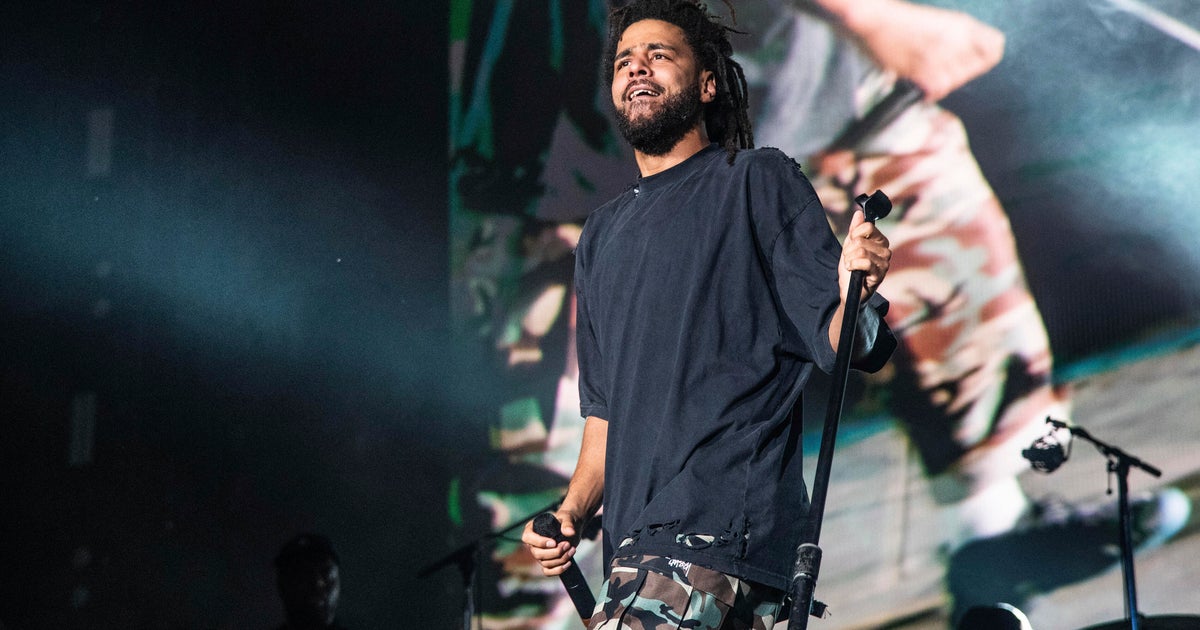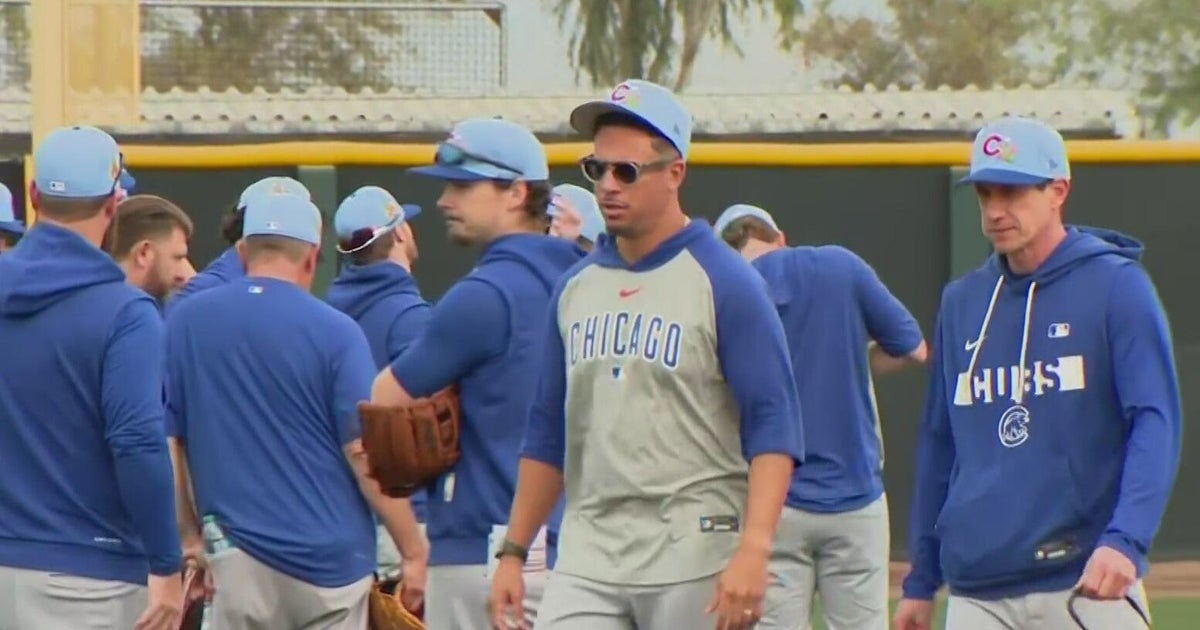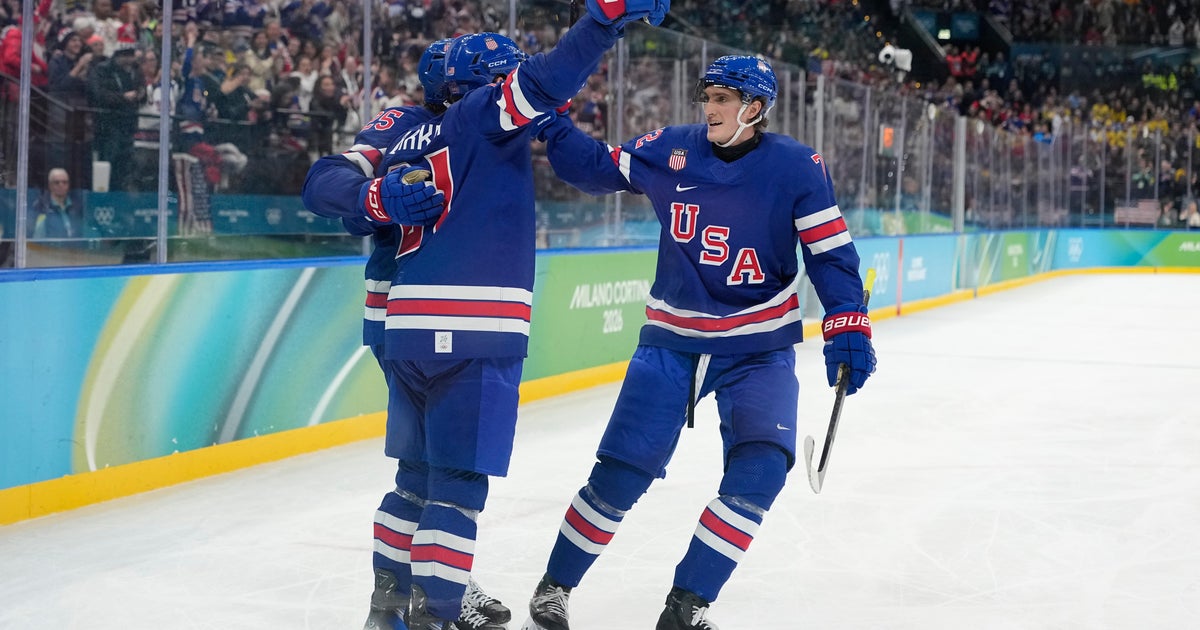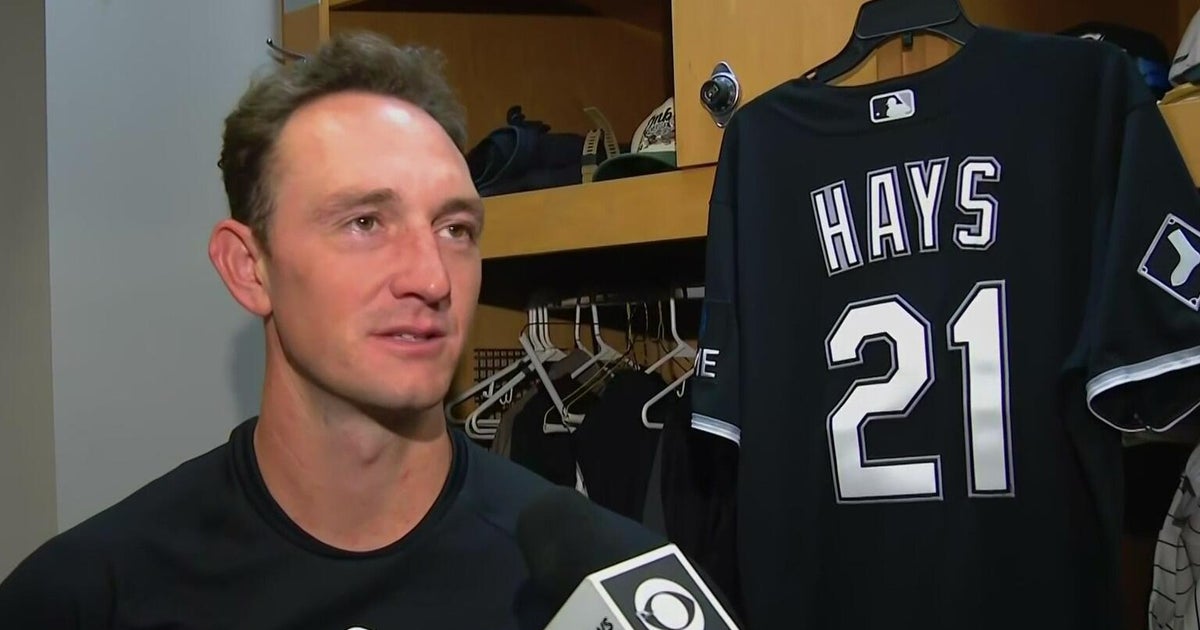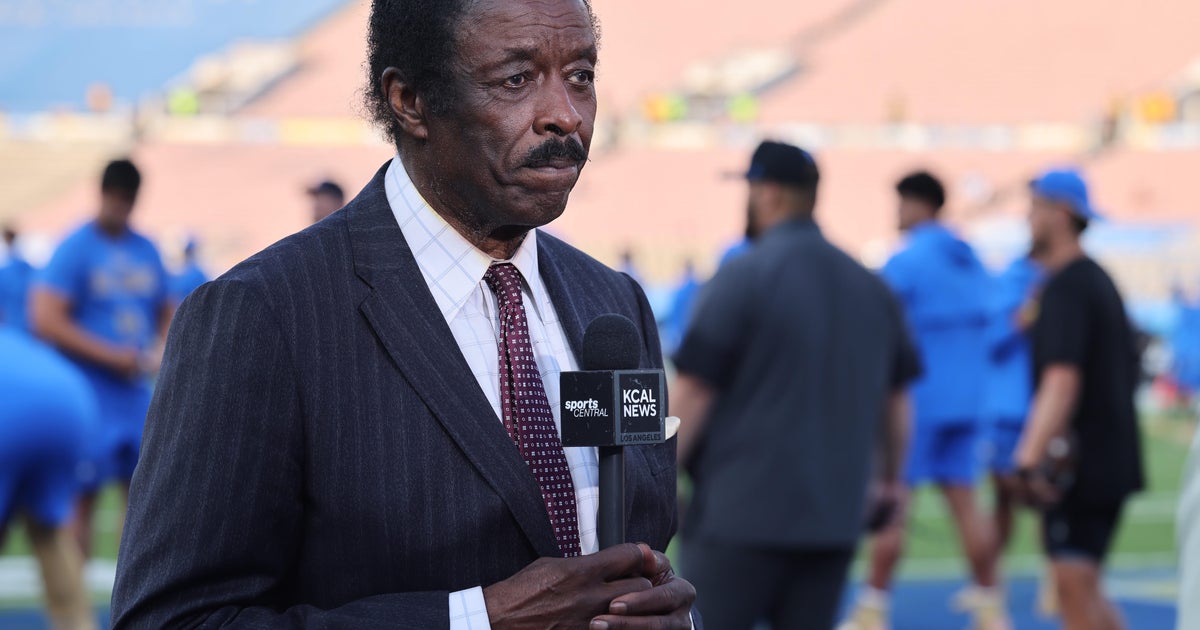Bill Belichick Explains Why Patriots Drafted Cole Strange In First Round
By Michael Hurley, CBS Boston
BOSTON (CBS) -- With some glaring needs on defense, and room to upgrade at wide receiver, the Patriots could have gone a number of different ways in the first round of this year's draft. But despite what some people in the region may have hoped for, Bill Belichick went with a guard. Out of Chattanooga. After trading down.
To say it was an interesting night for the Patriots would be an understatement, as the night was a curveball, even by Belichick's own standards.
But despite Cole Strange being considered a second or third-round pick by most analysts, and despite Rams head coach Sean McVay laughing out loud upon seeing Strange go at No. 29, Belichick's reasoning for picking him was fairly straightforward: He likes the player.
"Yeah, I mean, we feel like that was a good -- a guy that fits well -- Cole fits well into our team and our system, and obviously think he's a good player," Belichick said. "It's a composite of work with any player, so whatever opportunities you have to evaluate him, you evaluate him. Senior Bowl was part of it -- that was definitely a move up competitively, but they played a couple SEC teams and his workout was pretty good as well. He's a pretty athletic guy with good size, and smart. So he does a lot of things, has a lot of good tools to work with. He's got a long way to go, like every player does when he comes into the NFL, but look forward to working with him."
The Patriots originally sat at No. 21 overall before trading that pick to slide down eight spots, acquiring a third-round pick and a fourth-round pick from Kansas City in the process. Belichick said there was a "good chance" that the Patriots "probably" would have selected Strange had that trade not transpired, and he insisted that Strange "wouldn't have lasted much longer" if the Patriots didn't select him at No. 29.
Clearly, Belichick believes the Patriots added a premium player.
"He's long, he's athletic, he's physically tough, he's an aggressive player. I think he has a good combination of skills -- run and pass, movement, length, strength, again, all of which will I think hopefully get better, like they will with any player coming from college to the National Football League. But I think he has a good skill set, and he's a smart, smart player that makes a lot of good decisions on the interior line there -- timing, when to come off, and combo blocks, things like that," Belichick said. "I think he has a good combination of skills and ability. He played well --he played well against good competition at Chattanooga, both in their conference and when they played up, and I thought he played well against the competition at the Senior Bowl. So again, he's a smart player that's played multiple positions. We'll see how it goes, but I think he can handle -- well, we'll see exactly how it turns out here, but I think he has an opportunity to be competitive at a couple different things. But we'll see how it goes."
Even though Belichick is known for marching to the beat of his own drum in the draft, he traditionally has not spent a lot of draft capital at the guard position. The team has succeeded for quite a while utilizing mid-round picks and undrafted free agents on the interior of the line, and Belichick has only used a pick in the top two rounds on an interior lineman in 2005, with Logan Mankins. Despite that history, Belichick said the lack of draft capital invested into interior lineman is more a result of circumstance than philosophy.
"Every draft is different in the way it unfolds. Obviously it's a new set of players every year and a new combination of position and circumstances around you based on what other teams do," Belichick explained. "So I don't really like to compare drafts to each other because they're all unique, they're all different. As I said, I feel like we did what was best for the football team with the opportunities that we had today, and we'll try to do the same thing tomorrow and Saturday and post-draft and try to make the most of each opportunity that we have."
Belichick also said that the departures of starting guards Ted Karras (free agency) and Shaq Mason (trade) were not the main inspiration for going with a guard on their top selection.
"No, not really. I don't think we ever intentionally go into the draft trying to say, 'Well, we have to get this position or that position.' Sometimes it works out that way -- which it did last year [with quarterback Mac Jones] -- and it did this year. But it wasn't like there weren't other positions and other players that we would have considered," Belichick said. "The board was -- I would say the players came off the board pretty much like we thought they would for the most part, and that's ... again, felt like we made the best option. We took the best option that we had, whether it was at 21 or 29 -- whatever it ended up being, 29. At those two points, we felt like we made the best choice that we could."
